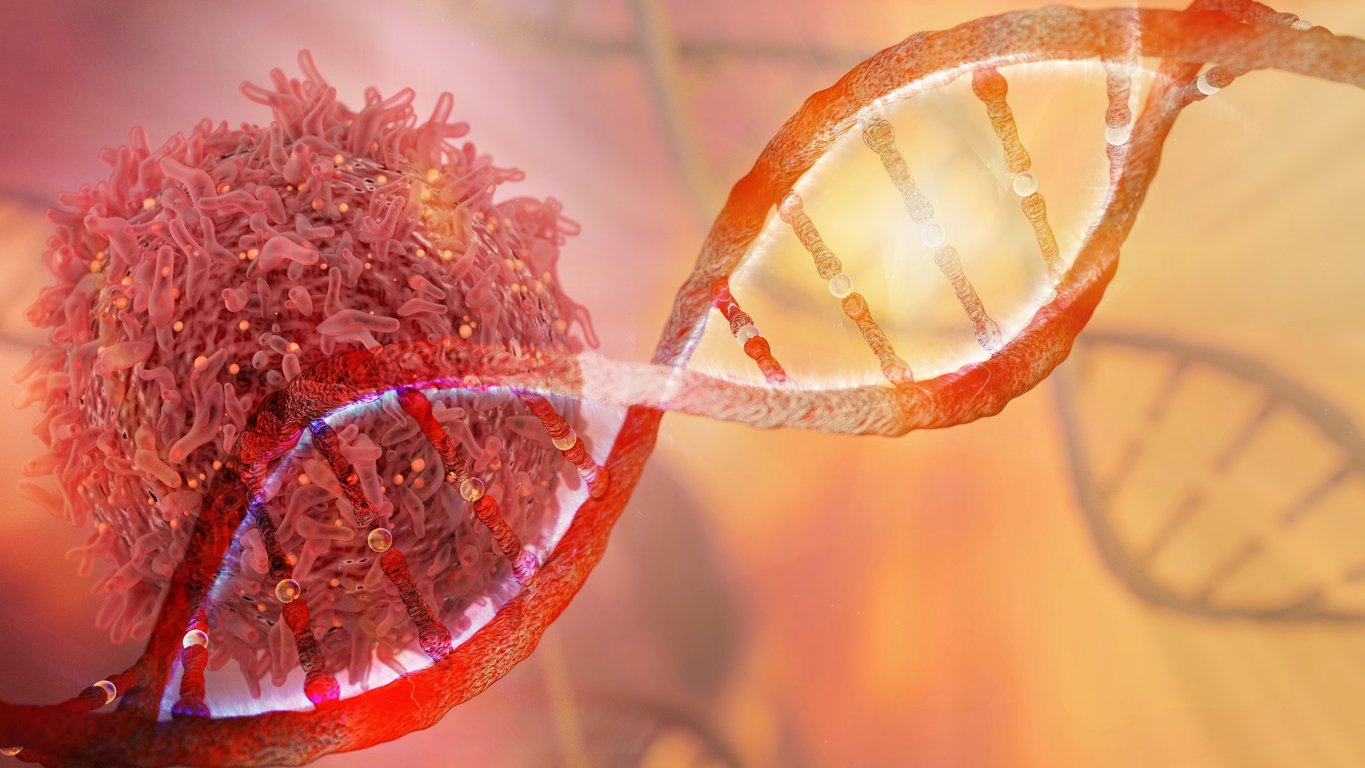Results of a new study indicate patients with lymphoma are more likely to develop post-vaccination Covid-19 infection
compared to patients with other blood cancers, highlighting the need for additional precautions
People with haematological malignancies (HM) are at a higher risk than healthy individuals for severe and life-threatening Covid-19 illness; furthermore, research suggests that they do not always achieve optimal protection from vaccination. A new study, the first to report on post-vaccination Covid-19 cases in patients with HM, offers preliminary findings about the incidence of breakthrough infection in this vulnerable population.
The study, published in Blood, drew data from an open online registry, EPICovidEHA, which was set up in April 2020 by the European Haematology Association – Infectious Diseases Working Party (EHA-IDWP) to describe the epidemiology, risk factors, and mortality rates of HM patients. Overall, 3801 valid cases were collected with an
overall mortality rate of 31 per cent.
As of 31 August, 2021, out of the 3,801 total cases, there were 113 reported cases of Covid-19 occurring after vaccination. The majority of these patients were males (61.1 per cent) and over 50 years of age (85.8 per cent). More than 80 per cent of the HM patients who contracted Covid-19 had underlying lymphoproliferative malignancies (chronic lymphoid leukaemia [CLL], non-Hodgkin lymphoma [NHL], acute lymphoblastic leukaemia [ALL], Hodgkin’s lymphoma [HL], and multiple myeloma [MM]). Seventy-eight (68.1 per cent) patients received active treatment for underlying HM at the time of Covid-19 infection or within the prior three months.
Eighty-seven patients (77 per cent) were considered fully vaccinated, while the remaining 26 (23 per cent) had been partially vaccinated. Within the group of breakthrough cases, 79 patients experienced severe or critical Covid-19 infection, with 75 needing to be hospitalised. After a follow up of 30 days post-Covid-19 diagnosis, 14 (12.4 per cent) patients died, and Covid-19 was deemed the cause of death for all but one of those individuals.
The study researchers emphasise that although the mortality rate in patients with breakthrough Covid-19 cases was high, it was still much lower than before vaccines were available. Previous studies using the registry’s data reported that during the pre-vaccination period of the pandemic, people with HM and Covid-19 had mortality rates ranging from 30-to-50 per cent (depending on type of underlying HM).
“Before vaccination, if our patients with haematologic malignancies developed Covid-19, they died in a lot of cases,” said study author Dr Livio Pagano, of the Università Cattolica del Sacro Cuore in Italy. “With these preliminary data, we showed that vaccination is not able to completely protect, but surely it has a strong role in reducing the mortality for Covid-19 for people with blood cancers.”
Post-vaccine IgG levels against SARS-CoV-2 spike protein were analysed in 40 (35.4 per cent) fully vaccinated HM patients, two-to-four weeks from the last vaccine dose. Among these patients, only 13 (32.5 per cent) presented an antibody response to vaccine (optimal: 8; weak: 5), whereas the remaining 27 (67.5 per cent) were considered non responders (binding antibody units, BAU 30/ml).
The study also found that the level of Covid-19 vaccine response was associated with the type of underlying HM. People with myeloproliferative disorders were the least likely to develop Covid-19 after vaccination, and people with lymphoproliferative disorders were the most likely.
Of the 113 breakthrough Covid-19 cases, 80 per cent occurred in people with lymphoproliferative conditions such as CLL, NHL, HL, and MM. “Unfortunately, people with lymphomas are more likely to have suppressed immune systems and to develop infections, and it is no different for Covid-19,” said Dr Pagano. “In future studies we will look at the efficacy of additional vaccine doses to understand if they can reduce infection in our patients, especially those with lymphoproliferative disorders.”
Notably, the type of Covid-19 vaccine did not affect the risk of breakthrough cases. Approximately 70 per cent of the patients in this study received an mRNA vaccine, and the remaining patients received the AstraZeneca vector-based vaccine or the Sinovac inactivated vaccine.
“The key message is that we must make a great effort to vaccinate as many people as we can,” said Dr Pagano. “We can’t only vaccinate our patients with haematologic malignancies; it is also important to vaccinate their caregivers so we can form a barrier of protection around them, because their own immunity from the vaccine is not enough.”
Reference on request













Leave a Reply
You must be logged in to post a comment.